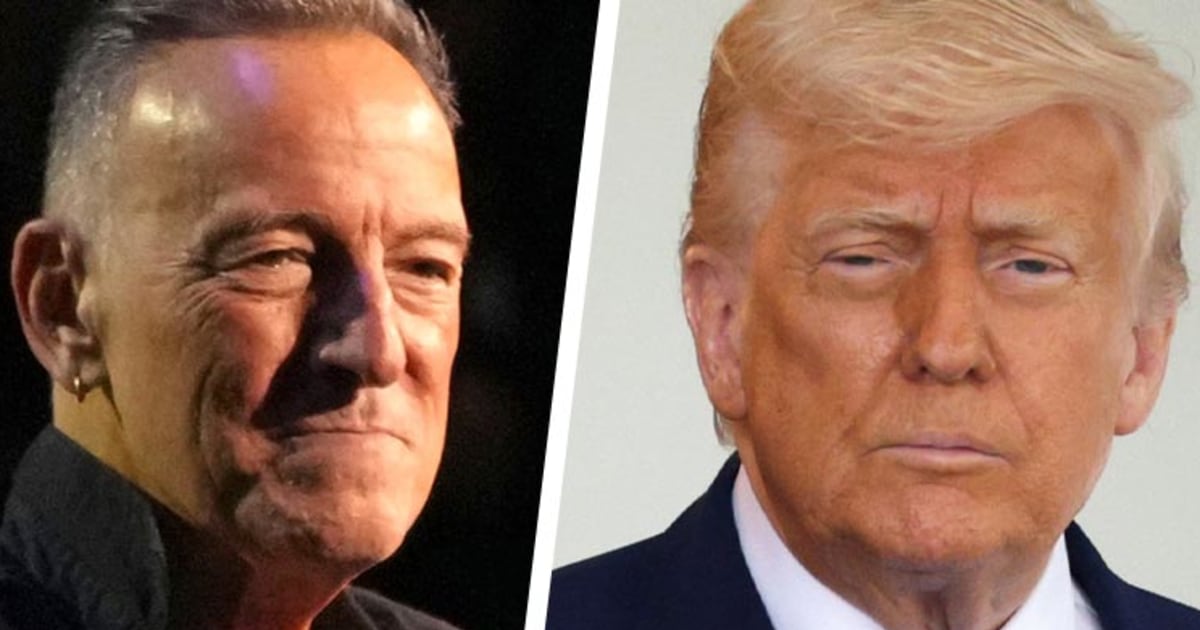The president is gambling that he can consolidate authority before the public turns too sharply against him.
President Donald Trump is worried that Attorney General Pam Bondi is moving too slowly to prosecute his political adversaries on fake charges. Trump has good reason to be concerned. He is carrying out his project to consolidate authoritarian power against the trend of declining public support for his administration and himself. He is like a man trying to race upward on a downward-moving escalator. If he loses the race, he will be pulled ever deeper below—and the escalator keeps moving faster against him.
Autocracies are headed by one man but require the cooperation of many others. Some collaborators may sincerely share the autocrat’s goals, but opportunists provide a crucial margin of support. In the United States, such people now have to make a difficult calculation: Do the present benefits of submitting to Trump’s will outweigh the future hazards?
As Bondi makes her daily decisions about whether to abuse her powers to please Trump, she has to begin with one big political assessment: Will Trump ultimately retain the power to reward and punish her? It’s not just about keeping her present job. On the one hand, people in Trump’s favor can make a lot of money from their proximity to power. On the other, Richard Nixon’s attorney general, John Mitchell, served 19 months in prison for his crimes during Watergate. If Trump’s hold on power loosens, Bondi could share Mitchell’s fate.
Trump’s hold on power is indeed loosening. His standing with the voting public is quickly deteriorating. Grocery prices jumped in August 2025 at the fastest speed since the peak of the post-pandemic inflation in 2022. Job growth has stalled to practically zero.
Almost two-thirds of Americans disapprove of higher tariffs, Trump’s signature economic move. His administration’s attack on vaccines for young children is even more unpopular. This year has brought the highest number of measles cases since the Clinton administration introduced free universal vaccination for young children in 1993. Parents may be rightly shocked and angry.
Shortly after MSNBC reported that Tom Homan, Trump’s border czar, had accepted $50,000 in cash from FBI agents posing as businessmen last year, allegedly in exchange for a promise to help secure government contracts, the pro-Trump podcaster Megyn Kelly posted, “We DO NOT CARE.” This kind of acquiescence to corruption has been one of Trump’s most important resources. But the American people become a lot less tolerant of corruption in their leaders when they feel themselves under economic pressure. As of early August, nearly two-thirds of Americans regarded Trump as corrupt, 45 percent as “very corrupt.” More than 60 percent think the Trump administration is covering up the Jeffrey Epstein case. Almost 60 percent regard Bondi personally responsible for the cover-up.
The MAGA project in many ways resembles one of former businessman Donald Trump’s dangerously leveraged real-estate deals. A comparatively small number of fanatics are heart-and-soul committed. Through them, Trump controls the Republican apparatus and the right-wing media world, which allows him to do things like gerrymander states where he is in trouble (50 percent of Texans now disapprove of Trump, while only 43 percent approve) or wield the enforcement powers of the Federal Communications Commission to silence on-air critics. But overleveraged structures are susceptible to external shocks and internal mistakes.
Trump in his first term mostly avoided screwing up the economy. His trade wars with China triggered a nearly 20 percent stock-market slump in the fall and early winter of 2018. Trump retreated, and no recession followed the slump until the COVID shock of 2020. But in his second term, Trump has jettisoned his former economic caution. The stock market is doing fine in 2025 on hopes of interest-rate cuts. The real economy is worsening. The percentage of Americans who think the country is on the “wrong track” rose sharply over the summer. Even self-identified Republicans are now more negative than positive.
The souring is especially bitter among younger people. More than 60 percent of Republicans younger than 45 say things are on the wrong track, a 30-point deterioration over the three summer months.
Trump has a shrewd instinct for survival. He must sense that if he does not act now to prevent free and fair elections in 2026, he will lose much of his power—and all of his impunity. That’s why he is squeezing Bondi. But for her, the thought process must be very different. Trump is hoping to offload culpability for his misconduct onto her. She’s the one most directly at risk if she gives orders later shown to be unethical or illegal.
The survival of American rights and liberties may now turn less on the question of whether Pam Bondi is a person of integrity—which we already know the dismal answer to—than whether she is willing to risk her career and maybe even her personal freedom for a president on his way to repudiation unless he can fully pervert the U.S. legal system and the 2026 elections.

https://www.theatlantic.com/ideas/archive/2025/09/trump-bondi-edva/684292







